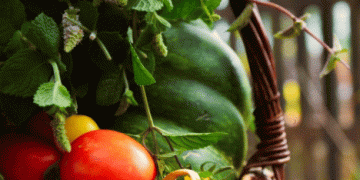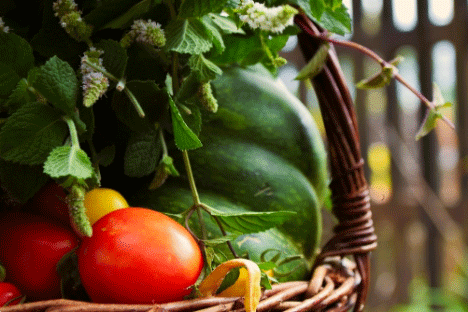In a recent presentation, the Austrian government and regional authorities unveiled their strategic plan, VISION 2028+, aimed at fortifying Tirol’s agricultural sector. This initiative reflects a collaborative effort to address the multifaceted challenges facing agriculture in Tirol, ranging from fluctuating prices and rising societal demands to climate change.
The VISION 2028+ strategy represents a significant step forward for Tirol’s agricultural landscape. Developed with the input of over 3,000 participants since the fall of 2023, the plan proposes 170 measures designed to ensure a resilient and future-ready agricultural sector. Federal Minister Norbert Totschnig emphasized that these measures are intended to provide a solid foundation for sustainable agriculture, which is essential given the current uncertainties in the agricultural market.
One of the central aspects of the VISION 2028+ initiative is enhancing transparency in the food supply chain. Tirol’s Agrarlandesrat, Josef Geisler, underscored the need for clear labeling and traceability of food products from farm to table. This push for transparency aims to ensure that consumers can trust the origin and quality of their food, while also supporting local farmers by maintaining fair market conditions.
Economic viability is another key focus of the strategy. The plan addresses the need for better financial returns for farmers, emphasizing that economic stability is crucial for the long-term sustainability of agricultural enterprises. Minister Totschnig highlighted the importance of fostering entrepreneurship and improving agricultural education to strengthen farm operations and market competitiveness.
In addition to economic and transparency measures, the VISION 2028+ strategy also considers the broader ecological contributions of agriculture. Tirol’s agriculture plays a vital role in maintaining the region’s cultural landscape, managing diverse alpine meadows, and providing natural hazard protection. Ulrike Tappeiner from the Institute of Ecology at the University of Innsbruck warned that abandoning traditional farming practices could lead to significant ecological consequences, including the loss of essential ecosystem services.
The strategy also addresses the need for investment and planning security amid rising capital requirements and evolving regulatory demands. The return of large predators, such as wolves and bears, poses additional challenges for alpine farming, necessitating targeted solutions to ensure the safety and viability of livestock operations.
VISION 2028+ marks the beginning of a new phase in Tirol’s agricultural evolution. Starting in the fall of 2024, targeted events with farmers and stakeholders will be held to further develop and implement the strategy. The goal is to advance a competitive, active agricultural sector while preserving the vitality of rural areas.
The VISION 2028+ strategy is a comprehensive response to the pressing challenges facing Tirol’s agriculture. By focusing on transparency, economic viability, and ecological sustainability, the initiative aims to strengthen the region’s agricultural sector and ensure its resilience in the face of ongoing changes. Collaborative efforts and strategic planning will be essential to achieving these ambitious goals.































